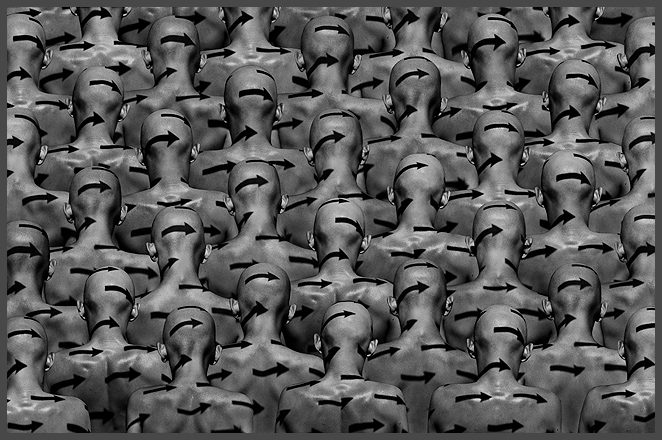
In his gamification lecture on coursera.org Prof. Kevin Werbach talks about behavioral economics. At the intersection of ecomomics and behaviorism, behavioral economics differs from economics by looking specifically at people’s behaviors. What are people actually doing when facing a situation as opposed to they logically should be doing.
Kevin points out 3 interesting ‘mistakes’ people make consitently:
people’s tendency to strongly prefer avoiding losses to acquiring gains. Some studies suggest that losses are twice as powerful, psychologically, as gains.
people are more likely to go with the default option than to change it. This is observed regulary on the web while selecting an opt-in or opt-out process.
tendency of people to favor information that confirms their beliefs or hypotheses. People display this bias when they gather or remember information selectively, or when they interpret it in a biased way.
Loss aversion and power of default – seems to be able to be corrected by paying attention. The confirmation bias seems pretty strong and much harder to correct. The effect is stronger for emotionally charged issues and for deeply entrenched beliefs – says Wikipedia. The related effect are: polarization of opinion (think politics), persistence of discredited beliefs (beliefs remain when the initial evidence is removed), preference for early information, illusory association between events (see non-existent correlations).